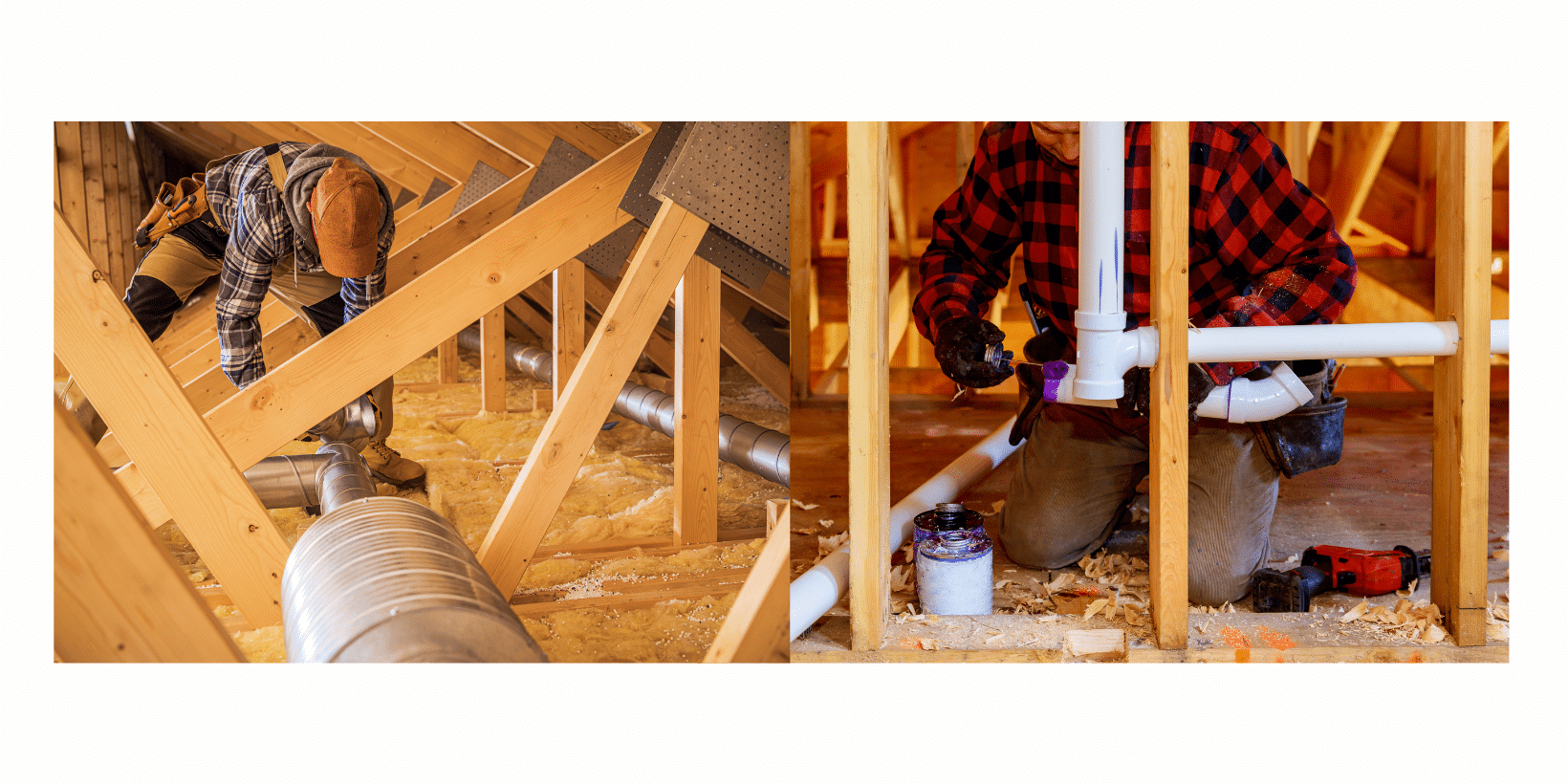Installation Gone Wrong:
Why Completed Operations Coverage Matters
The job was done. The check cleared. And then the phone rang.
You installed the new water heater, tested everything, and the customer was thrilled. Weeks pass. Then one day—BOOM—there’s a leak, a flooded floor, and a furious homeowner demanding answers (and possibly compensation).
The problem? Your general liability policy might say: “We don’t know her.” Unless you have completed operations coverage.
What Is Completed Operations Coverage, Anyway?
Completed operations is a fancy insurance term for this simple idea:
If something goes wrong after you finish a job, this coverage has your back.
Think:
- An HVAC unit malfunctions due to a faulty install
- A water line bursts weeks after a plumbing repair
- A pipe joint fails after pressure builds
Completed operations protects you from bodily injury and property damage caused by your work—after you’ve packed up and left.
What Happens If You Don’t Have It?
Without completed operations coverage, you could be stuck paying out of pocket for:
- Water or fire damage caused by faulty workmanship
- Customer property damage
- Medical bills if someone is injured as a result of your work
And let’s not forget legal defense. If the customer sues, you’re paying your lawyer in real dollars, not Monopoly money.
Real-World Scenario
Let’s say your team installs a rooftop HVAC unit. Two months later, a storm hits. The unit wasn’t secured properly, and it rips free—causing thousands in roof damage and injuring a maintenance worker.
Even though the job is long done, you’re getting the call. If completed operations isn’t on your policy, your insurer may decline the claim faster than you can say “duct tape.”
What’s Usually Covered
- Damage caused by faulty installation
- Accidents linked to work already completed
- Claims made months (sometimes years) after the job is done
Just make sure your policy doesn’t have sneaky exclusions that gut the coverage—or expiration clauses that drop protection the moment your tools hit the van.
How to Make Sure You’re Covered
- Review your general liability policy. Completed operations should be listed—and not capped at some insultingly low number.
- Keep documentation. Show that the job was done to code and signed off on. (It helps if things go legal.)
- Ask your agent if your coverage extends past job completion—and for how long.
Bottom Line
Your reputation doesn’t stop when the job’s over—and neither should your coverage.
Completed operations coverage is the difference between a one-time job and a long-term lawsuit. Let’s make sure your policy doesn’t clock out before your liability does.








